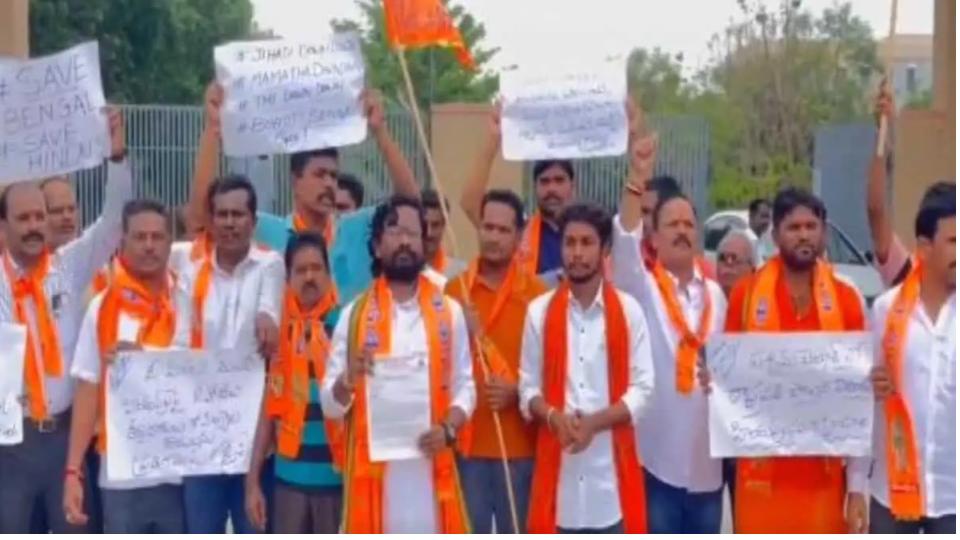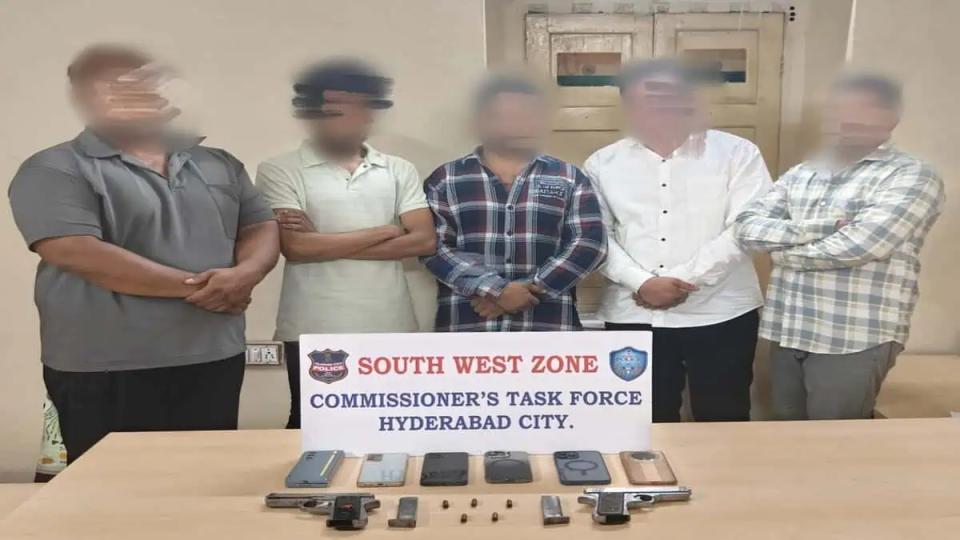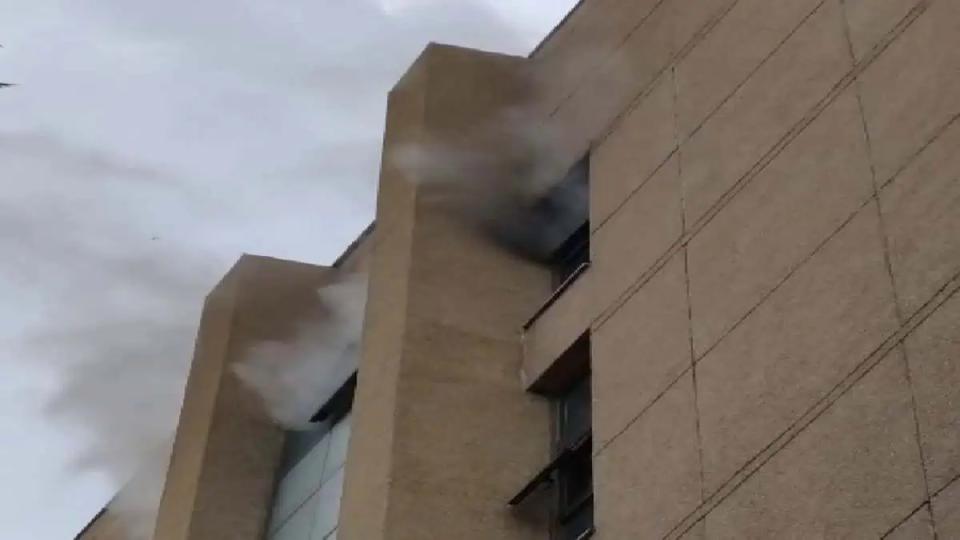Modi govt unveils Rs10-trillion plan to boost economy
Tue 24 Oct 2017, 20:30:09

Prime Minister Narendra Modi's government unlocked nearly Rs10 trillion in investments to recapitalise state-owned banks and build new roads and highways on Tuesday, its biggest move yet to shore up an economy growing at its slowest in three years.
Plans include spending Rs 2.11 trillion towards infusing capital into banks and another Rs 7 trillion on the roads project , some of which will run through economic corridors as well as remote border and coastal areas.
The government also separately announced an increase in the price at which it procures wheat, pulses and oilseeds from farmers. It also waived off the penalty on delayed filing of initial returns on the new Goods and Services Tax (GST) for August and September.
The measures could help improve credit flow to companies from banks weighed down by bad debt as well as boost connectivity and create jobs as the
government builds 83,677 km of roads and highways over the next five years.
government builds 83,677 km of roads and highways over the next five years.
The spending push, anticipated by many after growth slowed to 5.7% in the June quarter, will also likely help the government blunt political criticism ahead of state polls over the next few months that lead up to the general elections in 2019.
Unveiling the move at an unusually high-octane press conference complete with a power point presentation, finance minister Arun Jaitley said the economy was on a strong wicket and that temporary hiccups were not unusual when structural reforms were undertaken.
"When results of the GDP of the first quarter came out then I had said that we will be ready for the response," said Jaitley, flanked by half a dozen senior officials of his ministry who gave presentations on the health of the economy.
"We will report on the situation as they develop."
No Comments For This Post, Be first to write a Comment.
Most viewed from National
Most viewed from World
AIMIM News
Latest Urdu News
Most Viewed
May 26, 2020
Do you think Canada-India relations will improve under New PM Mark Carney?
Latest Videos View All
Like Us
Home
About Us
Advertise With Us
All Polls
Epaper Archives
Privacy Policy
Contact Us
Download Etemaad App
© 2025 Etemaad Daily News, All Rights Reserved.

.jpg)
.jpg)
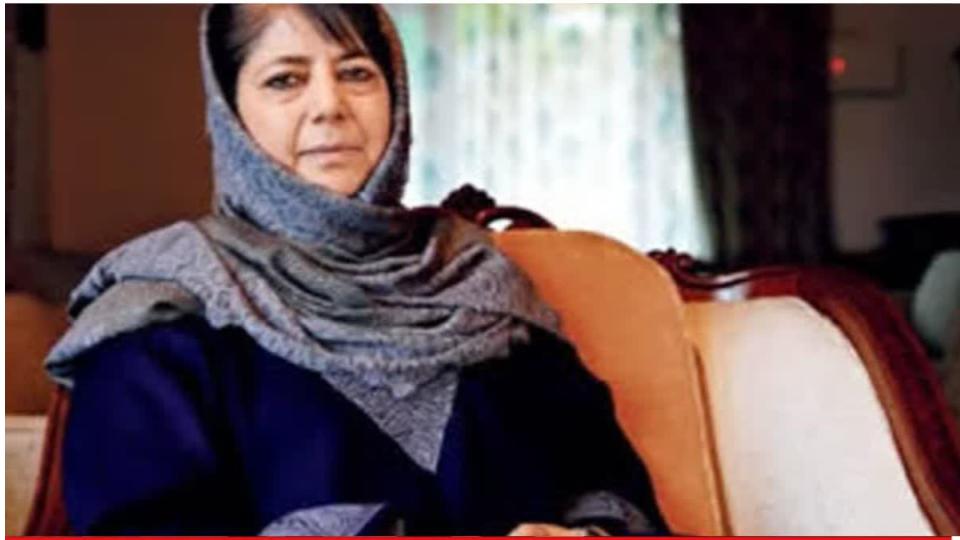
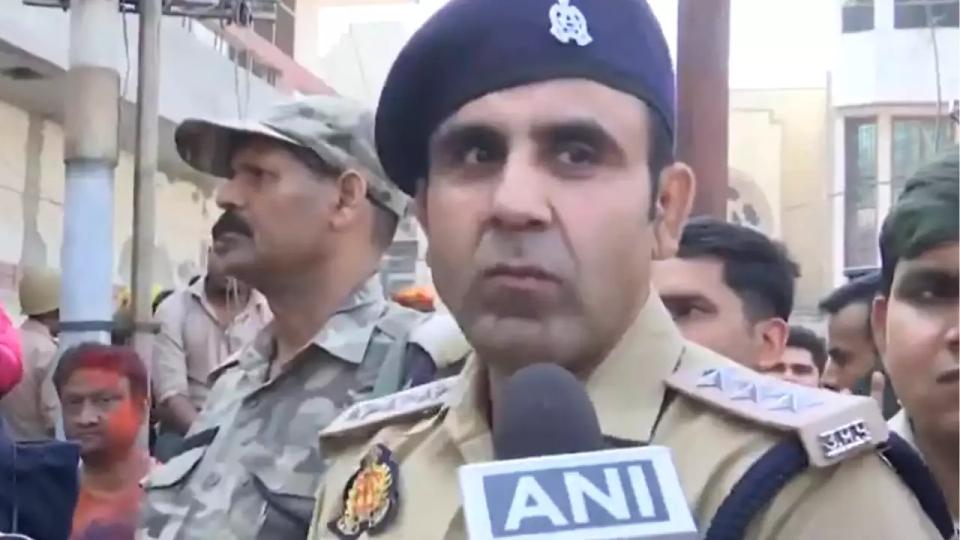
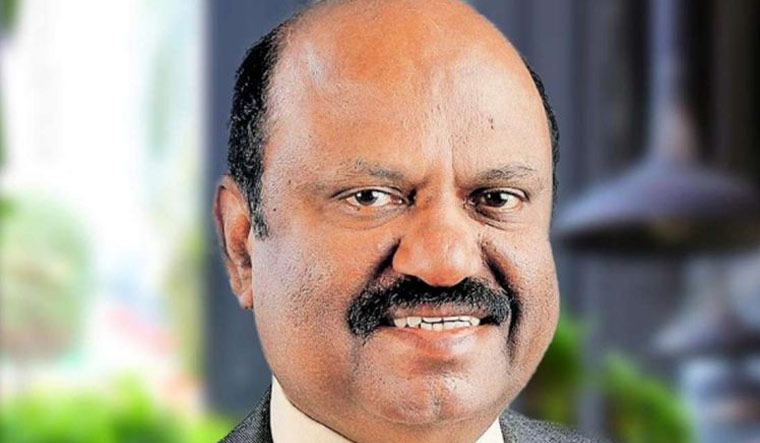
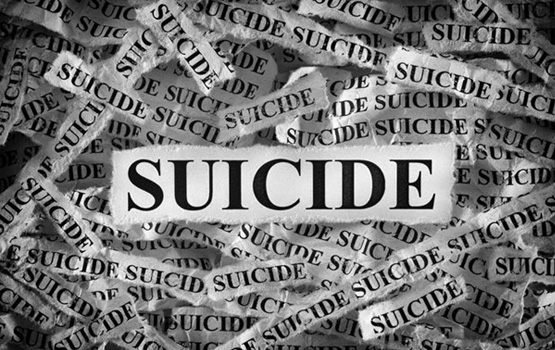

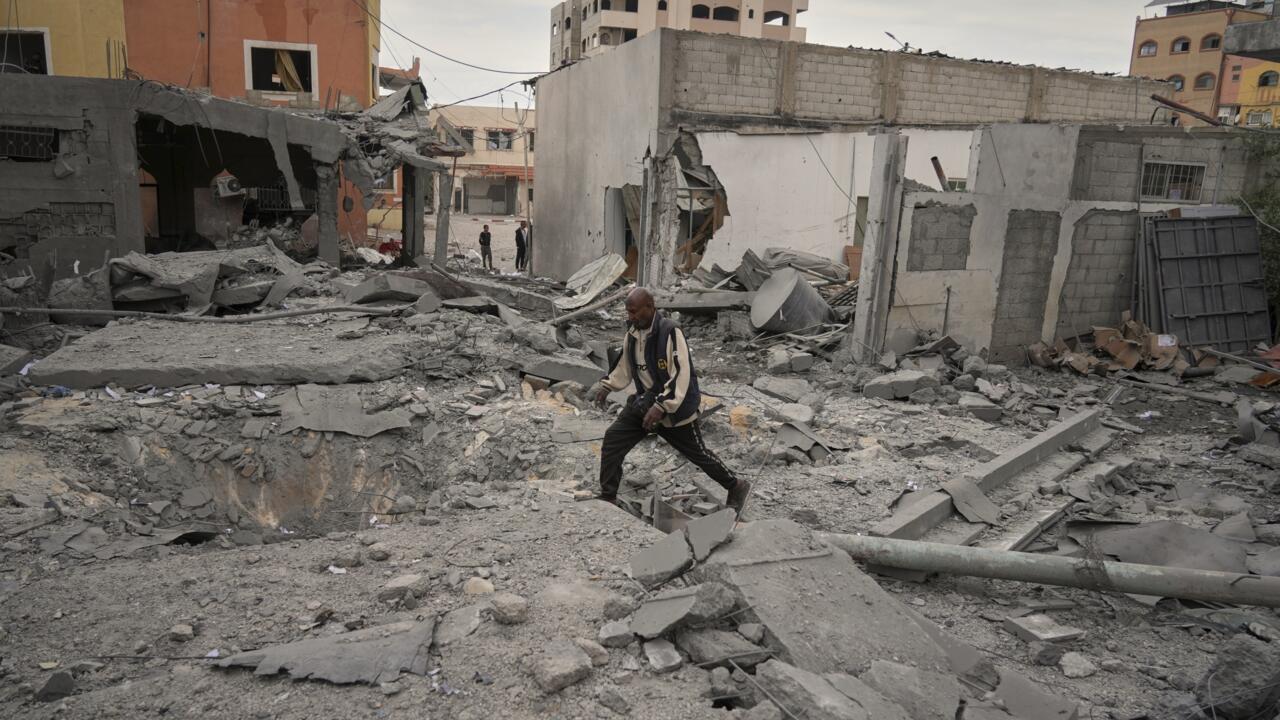
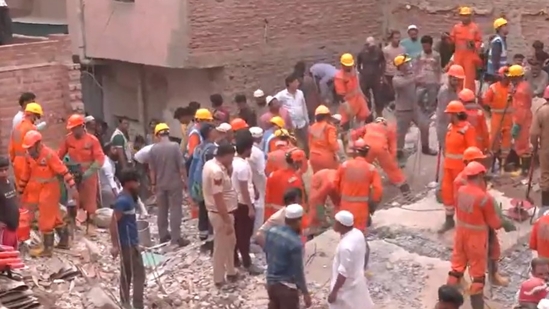
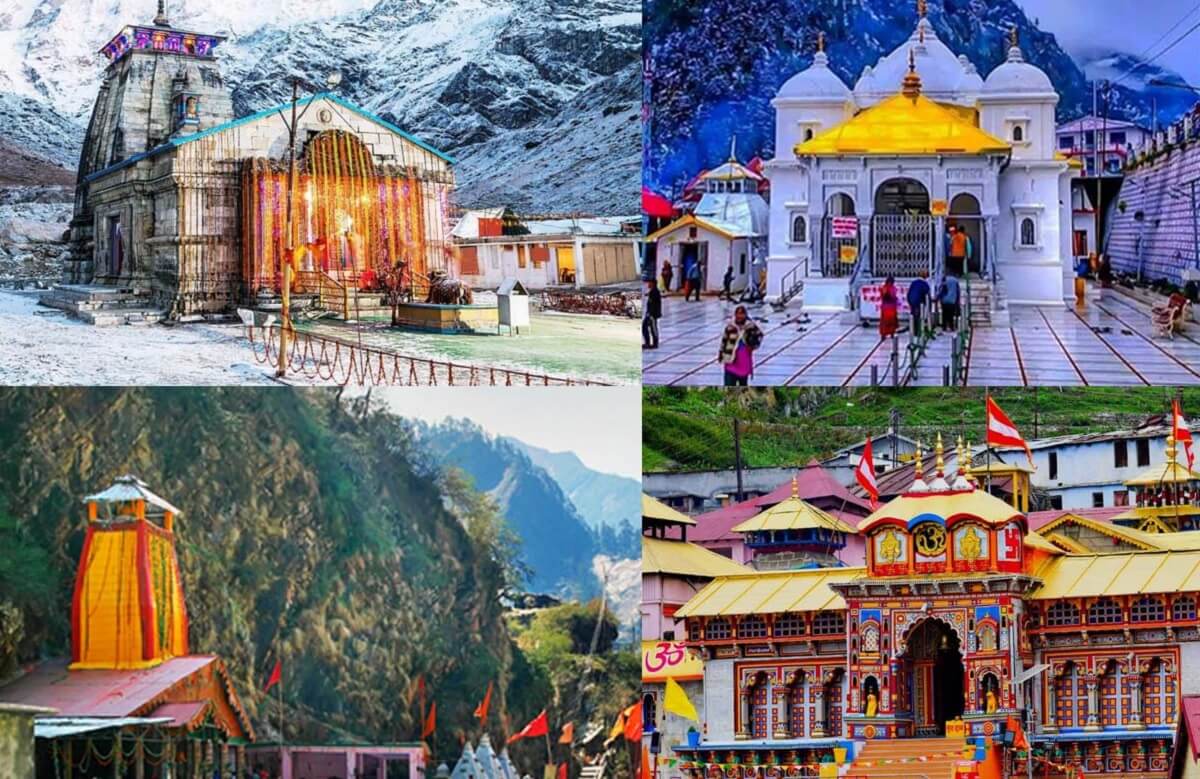

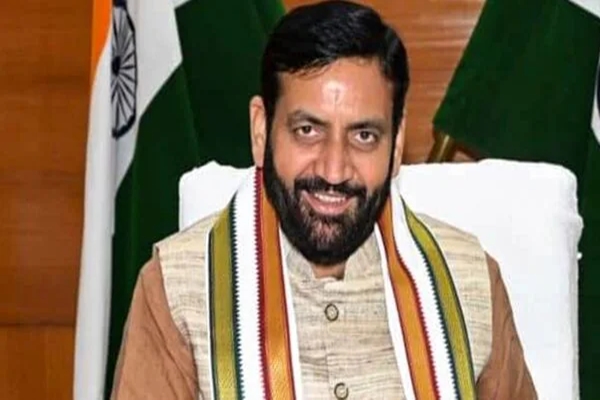
.jpg)
.jpg)
.jpg)
.jpg)

